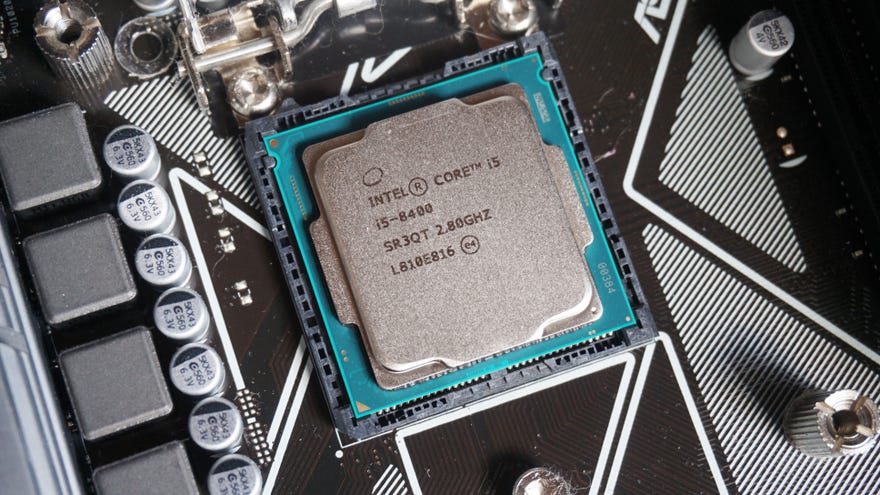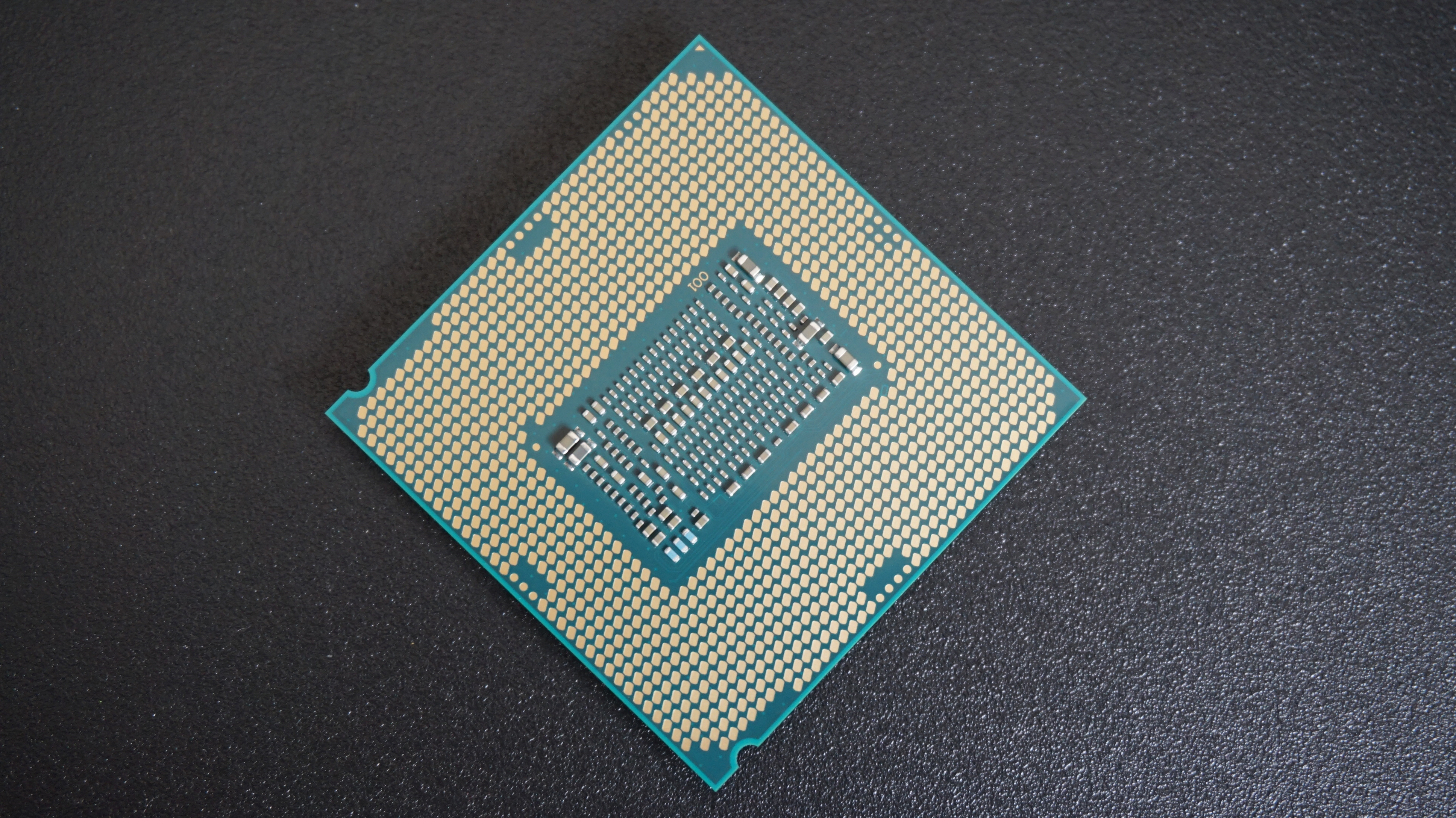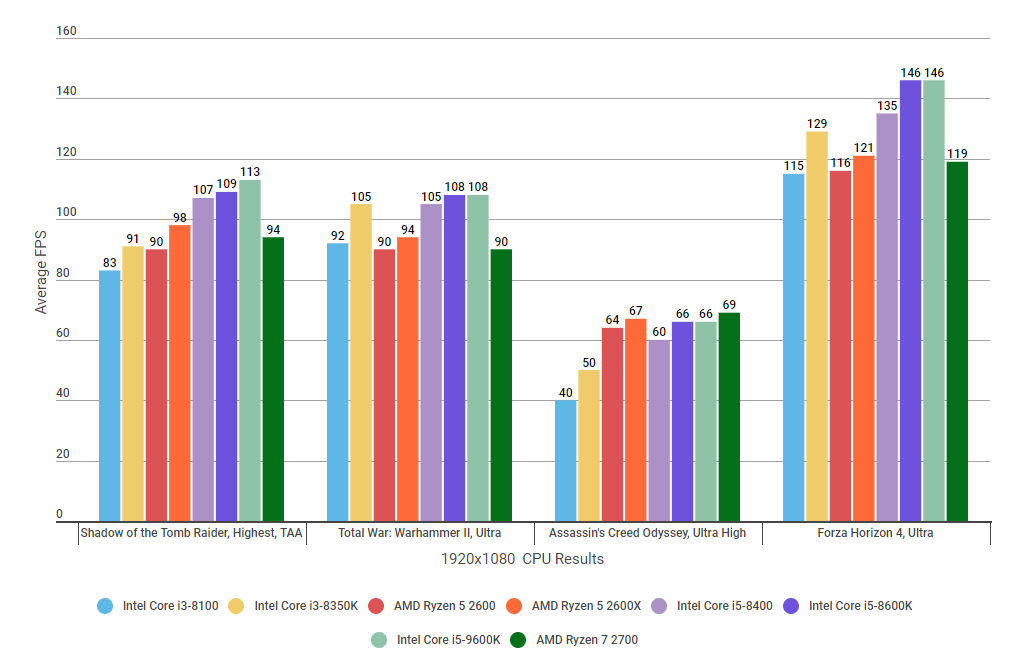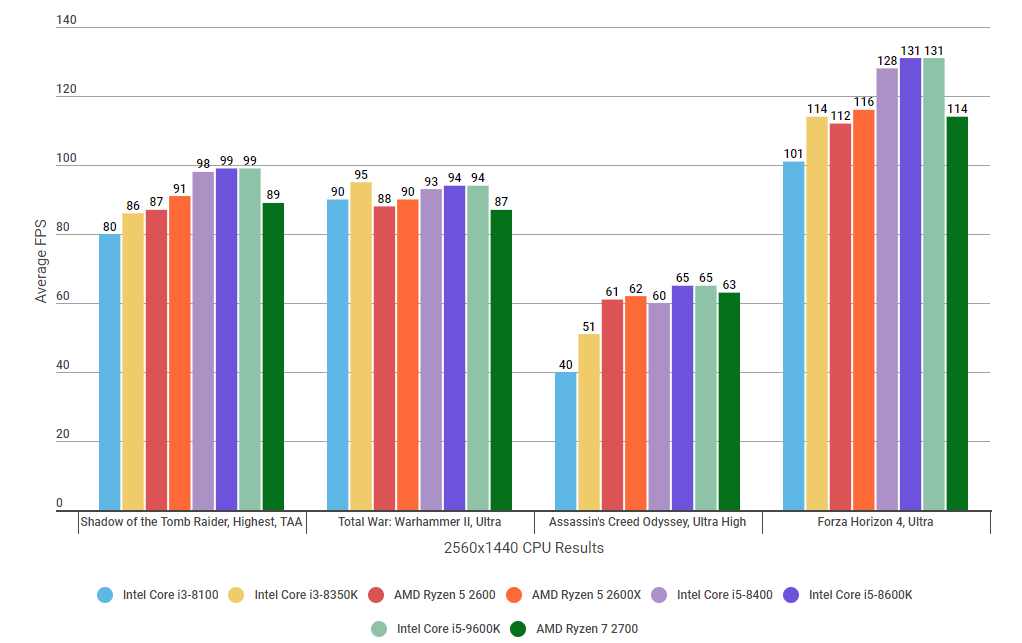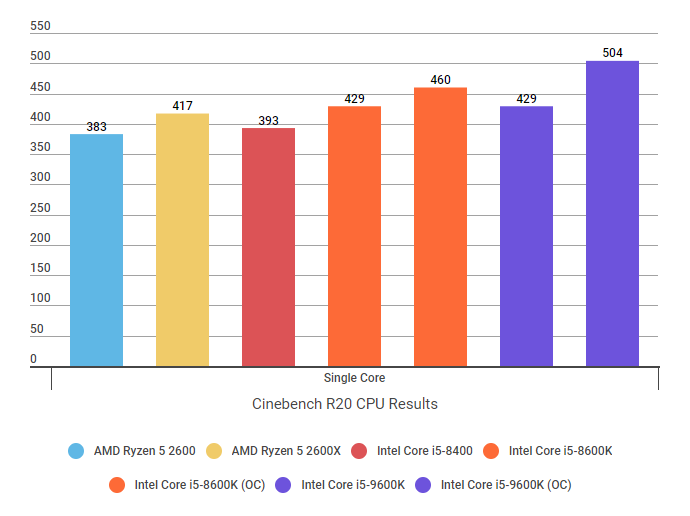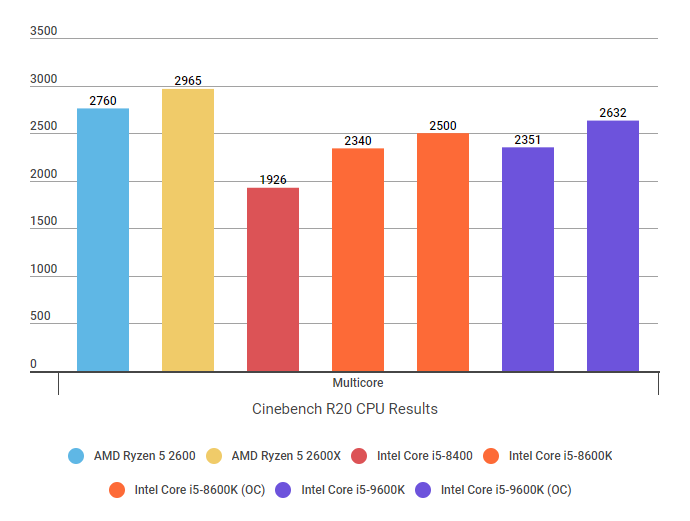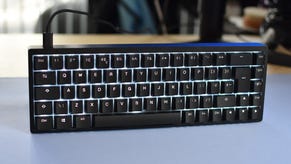Intel Core i5-8400 review: Still a great Ryzen 5 killer
A tough act to beat
When I first reviewed AMD's Ryzen 5 2600 and 2600X CPUs, I called them the Intel Core i5 Coffee Lake killers. Specifically, I said they were Intel Core i5-8600K killers - and to some extent that's still true. While not as fast as the Core i5-8600K when it comes to overall gaming performance, their lower price, bundled cooler and generally superior multi-tasking performance in everyday desktop tasks make them a compelling alternative for mid-range PC builders. But how do they stand up against Intel's entry-level Core i5 CPU, the i5-8400? Priced much more closely to AMD's rival pair of CPUs, this £185 / $212 processor might just be a potential Ryzen 5 killer. How about that for a twist in our best gaming CPU rankings, eh?
On paper, the i5-8400 looks like a pretty bad deal compared to AMD's 2nd Gen Ryzen 5s. Not only does it have a lower base clock speed of 2.8GHz compared to the 2600's 3.4GHz and the 2600X's 3.6GHz, but its maximum Turbo Boost only stretches to 4.0GHz. That's just ahead of the 2600's top speed of 3.9GHz, but it's still a relative chunk behind the 2600X's max boost clock of 4.2GHz.
Plus, despite having six cores like its AMD rivals, it still only has six threads due to its lack of Hyper Threading support. AMD's Ryzen processors, on the other hand, have 12 apiece. And if all that weren't enough, it's more expensive, too, costing £60 / $60 more than the £125 / $150 2600 and around £15 / $20 more than the £185 / $230 2600X. It does, at least, have the good fortune to come with a bundled cooler, so you don't have to factor in any additional costs here if you don't fancy shelling out on something more substantial, but needless to say, it's going to have to work pretty darn hard to earn its keep.
Thankfully, it does that in spades - at least when it comes to gaming performance. I have to admit, testing any CPU's gaming performance is still a bit of a difficult undertaking. As our friends at Digital Foundry have explained in the past, a lot of benchmarks either don't test your CPU properly, or simply aren't very accurate in the first place. Fortunately, a handful of gaming benchmarks have got a lot better at this recently, with the likes of Shadow of the Tomb Raider, Forza Horizon 4, Assassin's Creed Odyssey and more all providing an in-depth look at your CPU's performance as well as what your graphics card's doing.
That said, there are also several other factors that can impact gaming performance, such as your graphics card, the type of RAM you've got, and even what type of storage you've installed the game on. As a result, getting a truly accurate picture of a CPU's gaming performance is tricky, but I've done the best I can with the equipment available to me.
I've also focused a lot more on gaming performance in this review than I have on, say, application performance or media creation bits and bobs because, well, I'm not really interested in that. I've included some cursory Cinebench scores as a basic indicator of what each CPU will be like for general desktop tasks, but really, my main goal here is to work out what CPU is the best for gaming and gaming alone.
And boy howdy does the Core i5-8400 deliver. At 1080p, it had a clear lead over AMD's Ryzen 5 2600 and 2600X in everything except Assassin's Creed Odyssey, and even then we're only talking an average gap of 4fps with the 2600, and 7fps with the 2600X. At 1440p, the Core i5-8400 either closed the gap entirely, or blazed ahead again, so much so that it even gives Intel's Core i5-8600K a run for its money as well. Of course, it's difficult to say whether you'll see exactly the same kind of performance jump on the kind of mid-range graphics cards you're more likely to be pairing with a CPU like this, but in my eyes, it's pretty clear which CPU is killing which here.
Or at least it is for those buying their gaming CPU in the UK. In the US, the non-X Ryzen 5 2600 is quite a chunk of change cheaper than the Core i5-8400, making it a much more tempting proposition for mid-range builders on a budget. Indeed, at £120 / $150, the Ryzen 5 2600 definitely still has an air of a Coffee Lake killer about it - particularly when you take into account its superior multi-tasking performance as well.
Cast an eye over its Cinebench scores, for instance, and while it's only a smidge behind the Core i5-8400 on single core performance, it's positively light years ahead when it comes to multicore performance. It's so nippy, in fact, that it even beats Intel's considerably more expensive Core i7-8700 CPU as well. This makes it much better equipped to deal with creative applications and the like if you're into your photo or video editing, and is probably a better all-round CPU than its Intel rival as a result.
As such, I'd probably seriously consider getting the Ryzen 5 2600 if I was after a cheap do-it-all CPU that still had a decent amount of gaming oomph - but only if it remains at its current price of £125 / $150. Any higher, and you may as well just spend the extra on the Core i5-8400, especially if you're not planning on using your PC for anything other than gaming and light desktop tasks such as web surfing and typing up the odd document.
Of course, if you're willing to spend a bit more to get the Core i5-8400, the question then becomes, 'Is it worth spending another teensy bit extra and getting the even quicker and brand spanking new Intel Core i5-9600K instead?' Priced at £220 / $230, it's currently a much better buy than its 8th Gen predecessor, the i5-8600K, and delivers even better gaming performance for just another £20 / $20 on top of the i5-8400. It doesn't come with a cooler, mind, which will add even more onto its overall cost depending on what model you go for, but for the best gaming CPU money can buy around the £200 / $200-ish sort of mark, there's no denying it's a seriously tempting bit of kit.
Personally, I'd say it's almost certainly worth stretching to the Core i5-9600K if you've got the cash and you don't mind taking the extra cooler costs into account, but for those of you who'd rather keep things a bit simpler, the Core i5-8400 is still a fine choice for a mid-range gaming CPU. The Ryzen 5 2600 is also worth looking at if you can find it on the cheap, but if gaming is your number one concern, Intel's Core i5s are still a pretty tough act to beat.
